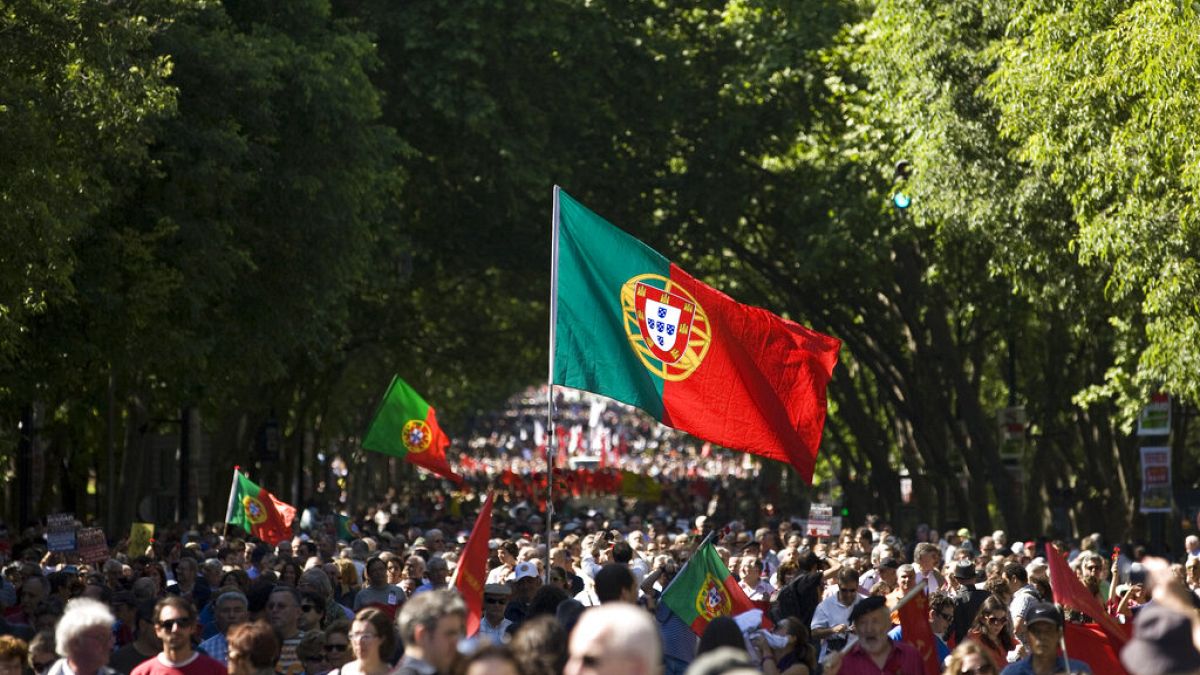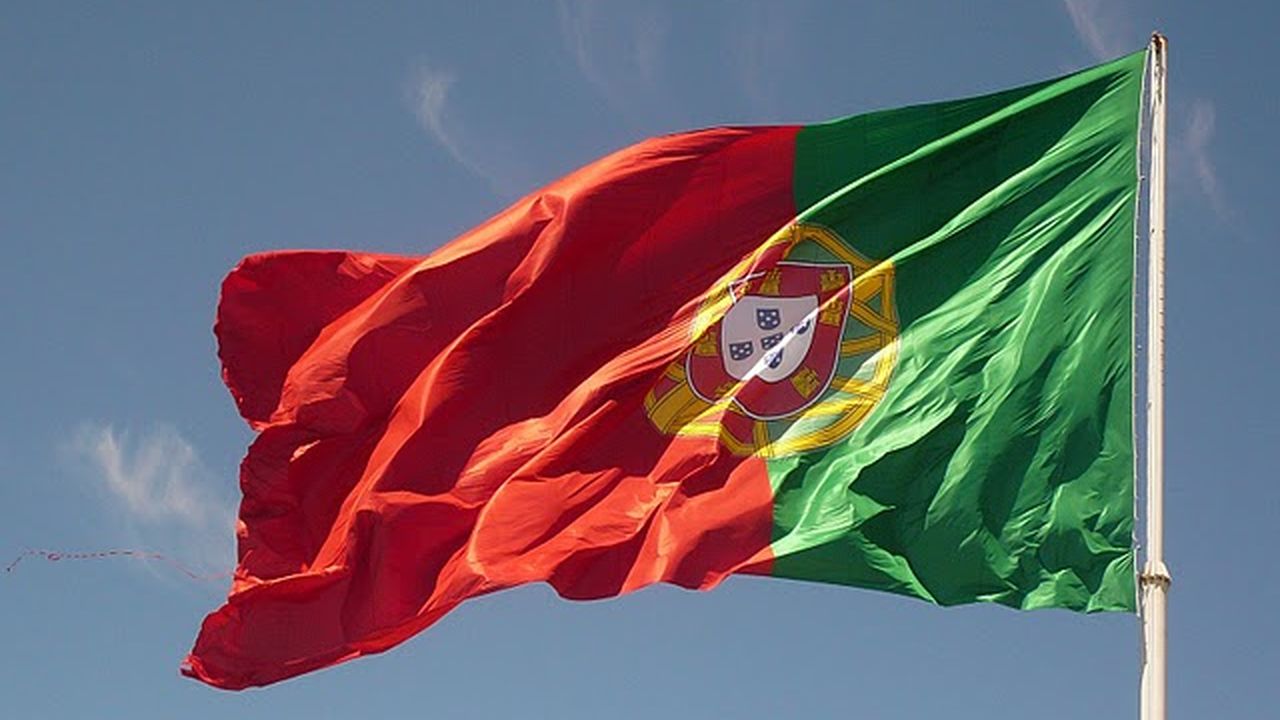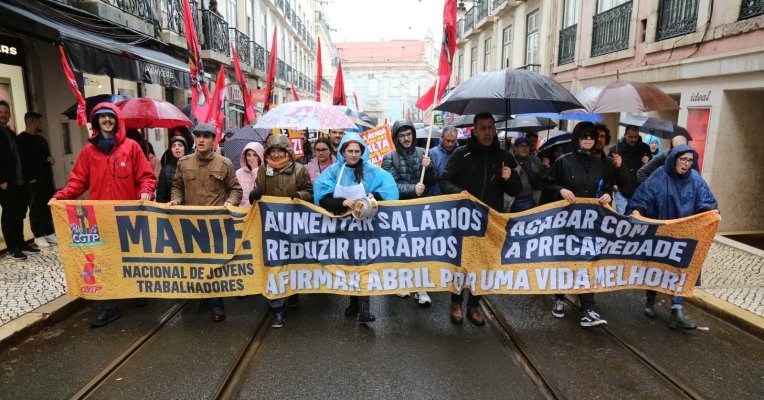
The Spanish archipelago, which is only a long sea stopover from Europe, now claims its role as an international hub along the west coast of Africa.
Not quite Europe yet, but Africa already fully. Spanish since 1479, the Canary Islands are located in the far east, only a hundred kilometers from the African coast. Geographical peculiarity allows the archipelago to retain a very strategic position for centuries at the crossroads of Europe, Africa and the Americas.
Opened to the four winds and carried by the Atlantic, the Canary Islands have known a history of invasions – from the Guanches, who arrived from North Africa just before our era, to the Portuguese, French and Spanish campaigns of the fifteenth century. – And immigration – Yesterday the Canarians left to colonize the New World, today waves of illegal immigrants from Africa. Not to mention the 13 million tourists who, before the pandemic, descended every year to enjoy an eternal spring.
From an essential nautical and commercial stopover, these islands, called Fortunees since ancient times, have over recent decades transformed into a regional center, on the scale of Macaronesia (Cape Verde Archipelago, the Azores and Madeira, as well as the African coasts that border it from Senegal to Morocco via Mauritania ).
service economy
Avec le soutien de l’Espagne et de l’Union européenne (UE), à laquelle l’archipel adhère en 1991 – cinq ans après le reste du royaume -, l’économie, traditionnellement agricole, s’est modernisée à mesure que le secteur des services se développait autour des ports de Las Palmas, premier terminal à conteneurs de la région et de Santa Cruz de Tenerife qui, en plus d’abriter la plus grande raffinerie d’Espagne, est classé parmi les trois plus grands termiauxre de crois In the world. The explosion of tourism and the subsequent construction boom came on top of port activities – ship repair, ship supply, drawing the Canary Islands’ GDP which today is almost 80% linked to the service sector.
The archipelago plays its role as an international platform
Benefiting from a beneficial tax regime since its status as a free port granted by Spain in 1852, “the archipelago plays its role as an international platform,” insists Nasara Cabrera Abo, director general of trade affairs with Africa with the local government. Towards the EU member states first, then those around Africa, “the archipelago’s second client today,” continues the adviser to the Canarian Executive.
Triple Entente
For the Canary Islands, the sun has long risen in the east. More so since the local government decided to support its private sector by investing locally. The only autonomous community in Spain that has an Africa division, it also has its own trade representatives in Cape Verde, Senegal, Mauritania and Morocco, the latter three being housed in several Spanish diplomatic representations. Although Madrid retains all the privileges on the international stage, the central government generally sees favorably the efforts of the Canary Islands to anchor the economy of the archipelago on the neighboring continent.
Canary initiatives can also count on the unwavering support of Brussels
It was opened on the island of Gran Canaria and funded by the Spanish Ministry of Foreign Affairs, the Canarian Government and the Municipality of Las Palmas, Africa Casa Since 2007 symbolizes this tripartite agreement, which is built on well-understood interests by all.
Canary initiatives can also count on the unwavering support of Brussels. The status of the External Area (OR) of the European Union allows the archipelago to benefit from the Interreg MAC Cooperation Program (Madeira-Azur-Canary Islands), to finance 85% of European funds, precisely to strengthen its regional integration and “regional” cooperation with the countries of the West African coast.
Bringing African Business
With an annual GDP that places it between those of Côte d’Ivoire and Tunisia, the Canary Islands constitute a boom island on the scale of African economies. In addition to its logistical role, recognized enough for international companies like Kinross, MSC or Addax to decide to settle there to better serve Africa, the archipelago has a complete knowledge in terms of renewable energies, seawater desalination, biotechnology and aquaculture that allows it to weave its web across the continent. .
With a tax rate of 4%, corporate tax is one of the lowest in the European Union
The government also benefits from the regular visits of the authorities of African countries, or the economic missions carried out by it and the Canarian private sector on the spot, to sign agreements in the areas of health, education and training. With new horizons looming, in addition to its four historical partners on the continent, the archipelago is working to strengthen its ties with Côte d’Ivoire, Ghana and Sao Tome and Principe. It wants to take advantage of its apparent proximity, “within the African-Atlantic space,” as Nassara Cabrera Abo defines it, to increase economic and technological exchanges that will eventually “connect ecosystems,” continues Africa Director, citing the example of ongoing cooperation between Canarian universities and a startup incubator Nigerian.
In order to strike a balance, the goal on the Canary side now is to “bring African companies to the archipelago,” according to the government adviser. And they take advantage of this open door to the European Community, which is moreover a tax rate of 4% for companies, one of the lowest rates across the European Union.






